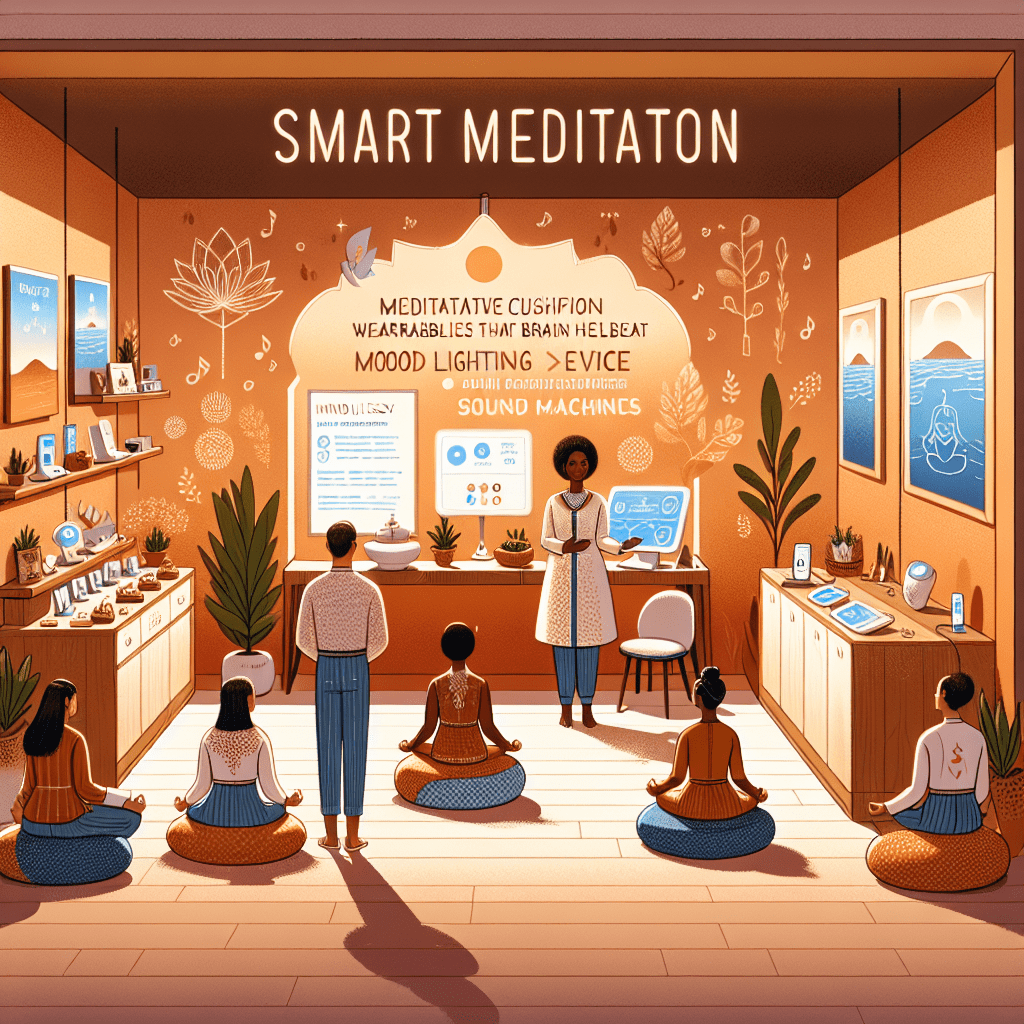
Prioritize your mental well-being daily. Enhance your life by nurturing your mental health with the Smart Meditation app. Break free from stress, alleviate anxiety, and enhance your sleep quality starting today.
How Social Support Helps Reduce Stress?
The Undeniable Power of Social Support in Stress Reduction
In the whirlwind of life’s demands, stress, unfortunately, becomes a frequent uninvited guest in our day-to-day experiences. Yet, amidst the chaos, there exists a potent antidote that’s as old as humanity itself – social support. It’s no secret; leaning on the sturdy shoulders of friends, family, and even colleagues can significantly lighten our emotional burden. But how exactly does this mechanism work? Let’s dive deep and unravel the mystery.
The Science Behind Social Support and Stress Relief
At first glance, the idea that talking to a friend or spending time with loved ones can dissolve our worries seems almost too good to be true. However, there’s a wealth of scientific research backing up this claim. Here’s the lowdown:
1. Emotional Buffers and Stressors: Imagine going through a rough patch and having someone there to say, “You’ve got this,” or “I’m here for you.” Suddenly, the mountain you’re facing doesn’t seem so insurmountable. Social support acts as an emotional shock absorber, cushioning the impact of stressors.
2. The Oxytocin Factor: Cuddles, hugs, or even a pat on the back do more than just feel good. They release oxytocin, often dubbed the “cuddle hormone,” which plays a crucial role in social bonding. Elevated oxytocin levels have been linked to reduced stress and anxiety levels. So, next time you’re feeling blue, perhaps a hug is all you need!
3. Perspective Pivoting: Ever found yourself in a situation where everything seemed bleak until you chatted with a friend who helped you see things in a new light? That’s your classic case of perspective pivoting. Social support often helps us reframe our challenges, making them appear more manageable.
4. The Stress-Buffering Model: This theory suggests that social support acts as a protective layer that prevents stress from wreaking havoc on our health. It’s the concept of “I’ve got your back” brought to life. Knowing you have a solid support system can make you feel less vulnerable to the stressors life throws your way.
In Practice: Fostering Strong Social Ties
Now that we’ve established the why let’s focus on the how. Building and maintaining a robust support network might seem daunting at first, but here are a few tips to get you started:
-
Reach Out: Don’t wait for others to make the first move. Be proactive in keeping in touch with friends and family. A simple “How are you?” can go a long way.
-
Join Groups with Common Interests: Whether it’s a book club, a sports team, or a knitting circle, being part of a community with shared interests can boost your sense of belonging and provide an additional layer of support.
-
Offer Support: Remember, it’s a two-way street. Being there for others not only strengthens your relationships but can also enhance your own well-being.
-
Communicate Openly: Be honest about your feelings and concerns. It’s okay to be vulnerable. More often than not, people want to help; they just need to know how.
In an era where stress seems to be an inevitable part of life, harnessing the power of social support is more crucial than ever. It’s a natural, accessible, and, most importantly, effective way to combat stress. So go ahead, lean on your tribe, and together, you’ll weather any storm with a bit more ease and a lot less stress.





